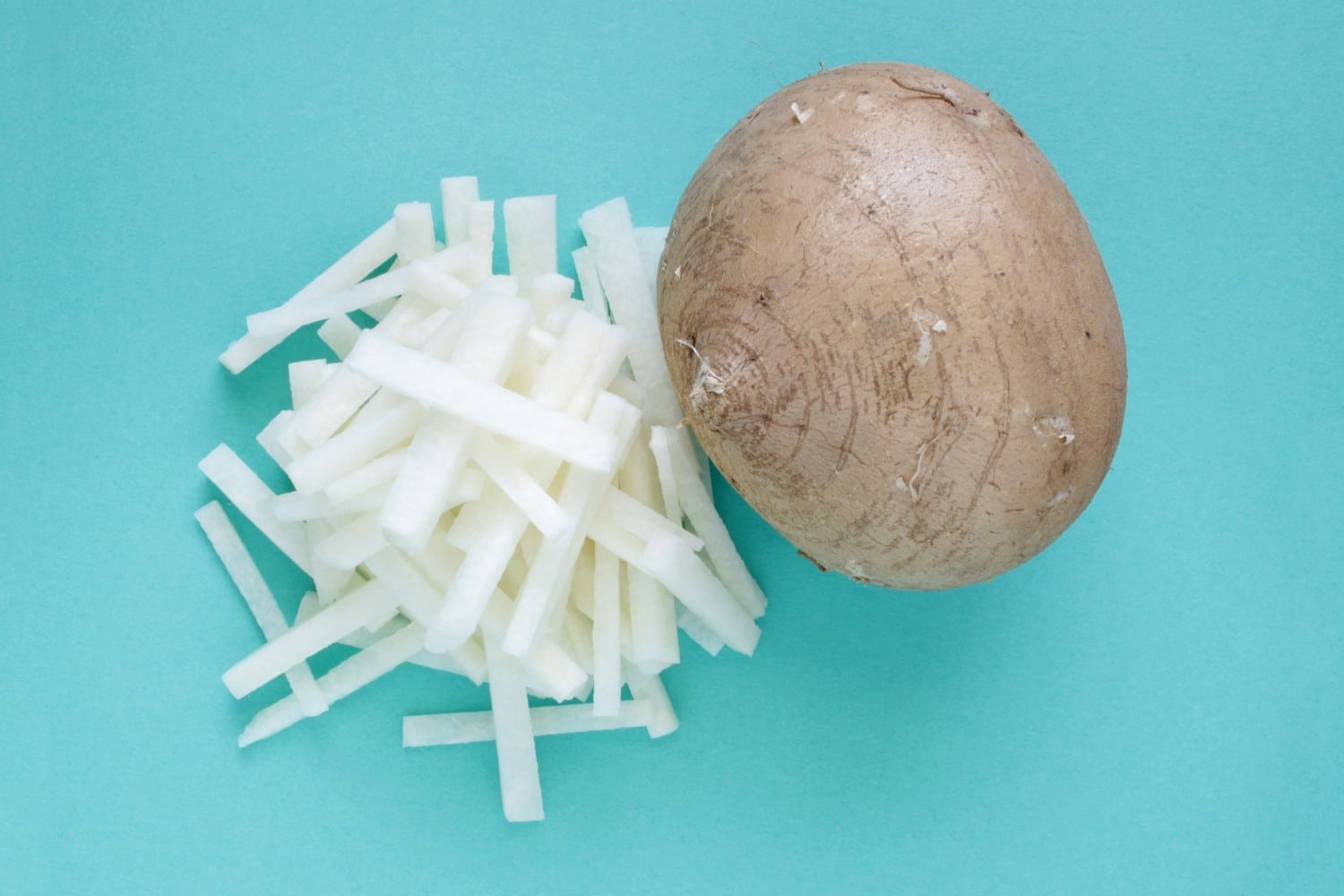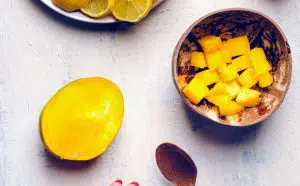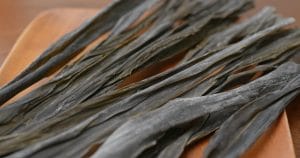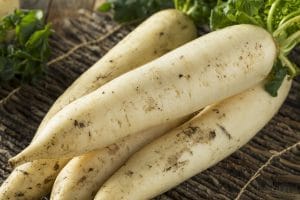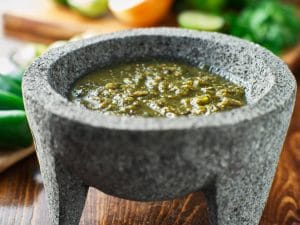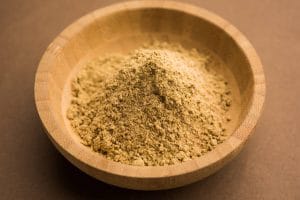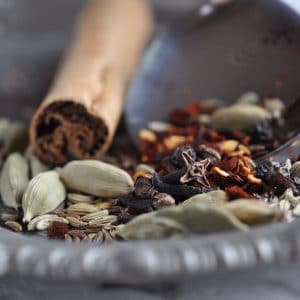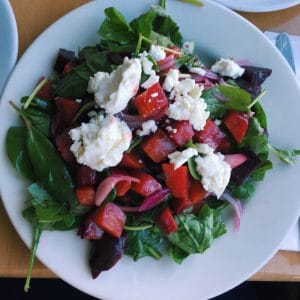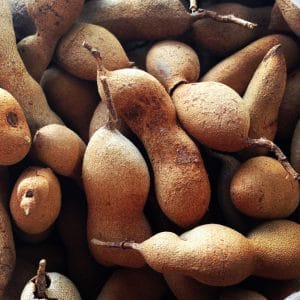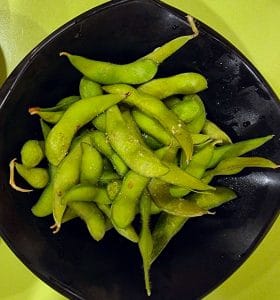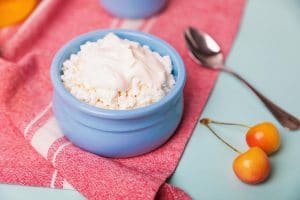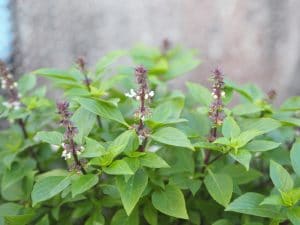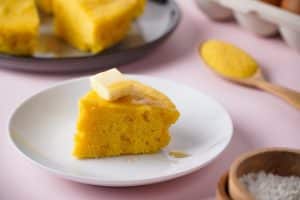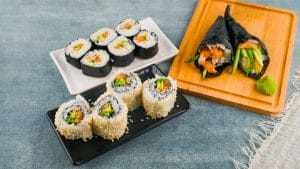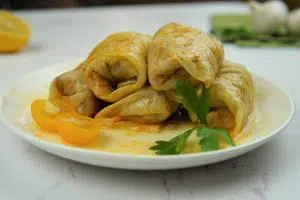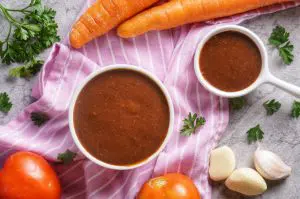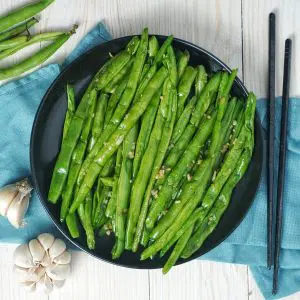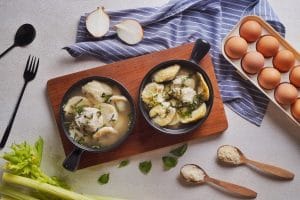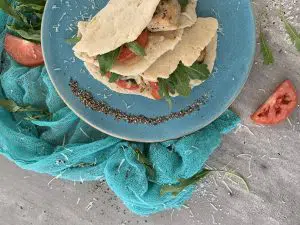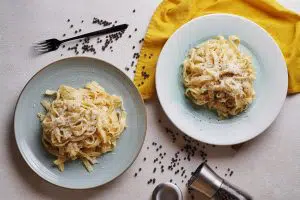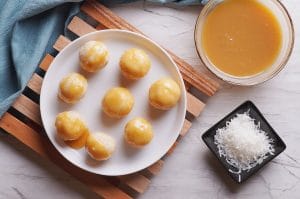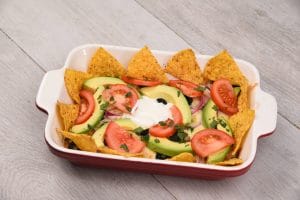Best Substitutes For Jicama
Important Note: When you buy through our links, we may earn a commission. As an Amazon Associate we earn from qualifying purchases. Content, pricing, offers and availability are subject to change at any time - more info.
Have you ever eaten an Asian or Middle Eastern cuisine and found that they are inexplicably delicious? Have you ever wondered why the food there is so unique, unlike any other delicacies you have ever eaten?
Well, we think this is mainly because one ingredient is responsible for providing an extraordinary, mouth-watering taste that other ingredients cannot provide. What is that secret ingredient? If you guessed tamarind, you are correct.
A largely unknown food to many people, tamarind can help a boost to many dishes. But what if you have a recipe that calls for tamarind, and you don’t have any around? Thankfully, substitutes are aplenty. So we narrowed down the best choices, some of which are likely to be in your kitchen.
What Is Jicama?
Jicama is not a very common vegetable. It’s known as a the Mexican Turnip but it’s popular in Asia. So if you found your way here, it’s safe to assume that jicama is part of your regular diet or you’re looking for a substitute. It’s worth pointing out that jicama is not available in all countries. Therefore, you may simply not be able to get your hands on it where you live.
Or, you might be needing to find a replacement for a recipe. So having said that, what is the best substitute for jicama? We researched many different possibilities and narrowed down what we feel are the most viable solutions for replacing jicama.
If you’re searching for a raw alternative to jicama, try using Jerusalem artichoke or daikon radish. If you require a substitute for certain cooked foods, try using water chestnuts because they are almost the same whether they are cooked or raw. Just bear in mind that they provide a slightly sweeter taste.
Why Eat Jicama?
The benefits to your health when eating jicama are largely derived from a combination of minerals, organic compounds, and vitamins. These include:
Dietary Fiber: As an essential element in this veggie, dietary fiber is found in high levels here. These fibers help support your digestive system while preventing constipation.
Vitamin C: Large amounts of vitamin C are in jicama. Vitamin C is an important part of your immune health. It also stimulates your body’s white blood cells, which serve as your body’s first line of defense against diseases.
Vitamin B6: Related to the enhancement of your cognitive ability and brain function, jicama contains a lot of this vitamin to aid in your mental health.
Minerals: The magnesium, manganese, copper, and iron in jicama are essential in helping you maintain your density of bone mineral. What’s more, they are necessary in the building of strong bones and help to heal any damage that might be present in them.
In addition, jicama’s potential antioxidants may help your body fight cancer. Studies show it does this by defusing free radicals and the effects they have on your body. In general, jicama is an excellent choice for people striving to stay strong and healthy.
And finally, jicama is also shown to help increase your blood circulation, thereby lowering blood pressure and enhancing your brain function.
Most people eat jicama raw. However, you may also use it in soups and dishes. Just be aware that doing so will reduce some of the health benefits that raw jicama provides.
Best Substitutes
You can replace jicama with any vegetable that is relatively sweet, and that has a similar crunchy texture. Some people even replace it with Asian pears or green apples, which have completely different characteristics.
Although trying different food substitutes can be fun, there are three jicama alternatives that are proven to work. As such, we highly recommend that you try them out.
Jerusalem Artichoke
This vegetable can be found nearly everywhere today. Originally grown in parts of Central America, Jerusalem Artichoke is now grown in Australia, Europe, and Asia, as well.
You may eat this vegetable raw, boiled, or baked. Its tubers are a bit like potatoes, although they look similar to ginger roots due to their small growth.
In terms of taste, it is similar to the nutty flavors of sweet potato and resembles the shape of pears. Jerusalem Artichoke isn’t particularly sweet, making it a fine substitute for jicama. You will find that it has a similar taste, as well.
Water Chestnuts
The bulbs that water chestnuts produce have a light scent and solid white flesh. Moreover, water chestnuts have a pleasing texture and taste. There are also many health benefits, as they are loaded with minerals and vitamins and are low in fat and sodium.
Adding water chestnuts to your diet may help to promote weight loss and improve your health. Considered one of the best jicama substitutes, water chestnuts have very little in common with jicama.
Nevertheless, both taste sweet and can help you in your recipes in this regard. In addition, both have similar textures and remain crispy even after being cooked.
Daikon Radish
A kind of turnip, the daikon radish has a lengthy white root, similar to a thick carrot. Daikon radish has a high taste quality and is quite juicy.
And because of its incredible healing properties, the daikon radish is commonly used throughout Japan for its medicinal qualities. As such, it’s another vegetable we recommend based on its many health benefits alone.
You will notice that there is an obvious difference in appearance when compared to jicama. But despite that, daikon radishes are some of the best alternatives to jicama. This is due to it having a juicy sweet taste and crunchy texture. You can ideally interchange these two in foods like salads.
The only significant difference is the spiciness and added sweetness found in daikon radishes. Generally speaking, though, it is not very spicy, although some radishes present a much stronger flavor. Therefore, you may need to experiment with the six varieties of daikon radishes to find the one that works best in your recipes.
Cook Gem Is Your Source for Substitutes and More
We have many more wonderful food substitutes that are sure to come in handy in your cooking ventures. We also regularly discuss vegan-friendly ingredients and food options to help you maintain your vegan diet.
